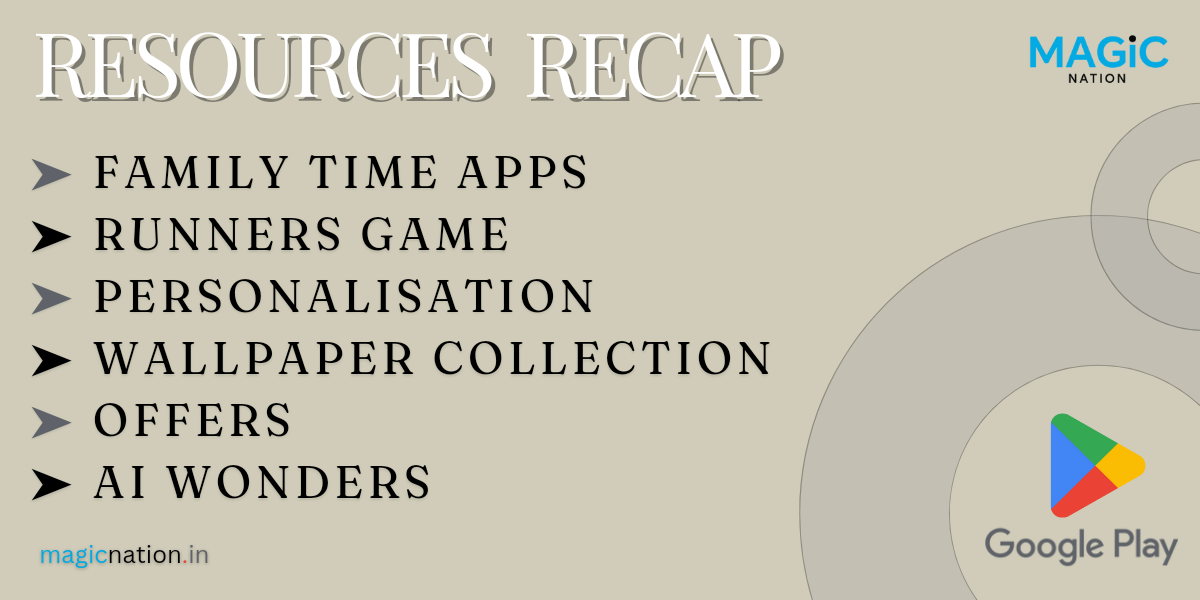In the digital age, the internet has become an integral part of our lives, shaping how we communicate, work, learn, and entertain ourselves. It has evolved over time, with each evolution bringing new opportunities and challenges. The journey from Web2 to Web3 is one such evolution, marking a significant shift from a centralized to a decentralized web. This essay explores this transition, delving into the characteristics, benefits, and limitations of both Web2 and Web3, and the impact they have on users and developers alike.
Web2 vs Web3: Journey from Centralisation to Decentralisation
Web3: The Decentralised Future Web3 is the future of the internet, built on the principles of decentralisation and peer-to-peer interactions. It leverages technologies like blockchain, distributed ledger, and smart contracts. Web3 empowers users to own and control their data and interact directly, eliminating intermediaries. It promises enhanced connectivity and interoperability, with IoT devices accessing multiple decentralized applications (dapps) on different blockchains. Cryptographic technologies ensure security in Web3. Ethereum, Algorand, and IPFS are pioneers of the Web3 era.
The transition from Web2 to Web3 is a shift from centralization to decentralization. This shift brings both benefits and challenges:Web2 vs Web3: A Paradigm Shift
- Benefits of Web3: Web3 promises greater privacy and security, fosters innovation and creativity, and ensures value and fairness.
- Limitations of Web3: However, it also brings increased complexity and uncertainty, demands more responsibility and accountability, and involves trade-offs and compromises.
Web2 Services vs Web3 Platforms
- Web2 Services: Platforms like Twitter, Google, and Facebook offer social networking, news, entertainment, communication, information, convenience, and productivity. But they also collect and sell users’ data and can censor or ban users for policy violations.
- Web3 Platforms: Ethereum, IPFS, and Algorand, the torchbearers of Web3, offer innovation, creativity, value creation, privacy, security, and resilience. They, too, face challenges such as scalability, security, usability, availability, performance, and adoption.
Web3, the next-gen internet, aims to create a more decentralized, user-centric, and value-driven web. It brings both challenges and opportunities:Web3: Challenges and Opportunities
- Challenges: Web3 faces technical and social challenges, including scalability, security, interoperability, usability, accessibility, and sustainability.
- Opportunities: Web3 offers data sovereignty, innovation, inclusion, value creation, connectivity, and fairness.
Conclusion
Web3 is still a work in progress, and realizing its full potential and vision will require time and effort. However, Web3 represents a paradigm shift and a new opportunity for the internet and its users. It’s not just a technological change but also a social and cultural shift. As we stand on the brink of this new era, it’s exciting to imagine a world where the web isn’t just about platforms and services, but about people and values. Web3 isn’t just about changing the web; it’s about changing the world.










